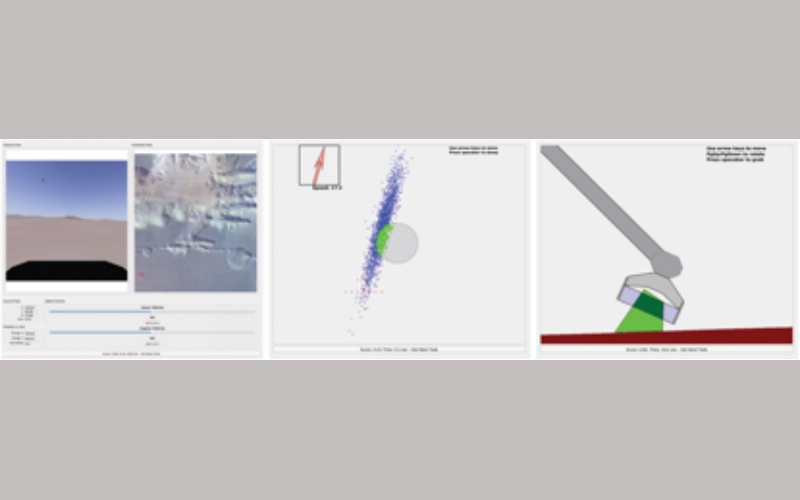Fault recovery in autonomous robotic space operations
Investigating how to use indicators of opportunity to inform assistant selection.

12 December 2019
Since we are yet to produce robots that never fail, planned space missions will require robots to request assistance from other robots or human crewmates to recover from fault when they occur. Our recent research has investigated how to use indicators of opportunity (e.g., contextual indicators such as location, as well as physiological state measurements such as heart rate) to inform assistant selection.
Using reinforcement learning (RL)-based policy for adaptive assistant selection, we have conducted extensive experimentation, using both simulated data and data collected from real humans, and demonstrated that our learning-based approach yields improved performance over existing non-adaptive assistant selection policies that have been proposed for failure recovery in autonomous robotic space operations.
Relevant publications
- S McGuire, PM Furlong, T Fong, C Heckman, D Szafir, Simon J Julier, Nisar Ahmed. Everybody Needs Somebody Sometimes: Validation of Adaptive Recovery in Robotic Space Operations. In IEEE Robotics and Automation Letters, 2019
- S. McGuire, P. M. Furlong, C. Heckman, S. Julier, D. Szafir, and N. Ahmed, Failure is not an option: Policy learning for adaptive recovery in space operations. In IEEE Robotics and Automation Letters, 2018
 Close
Close

